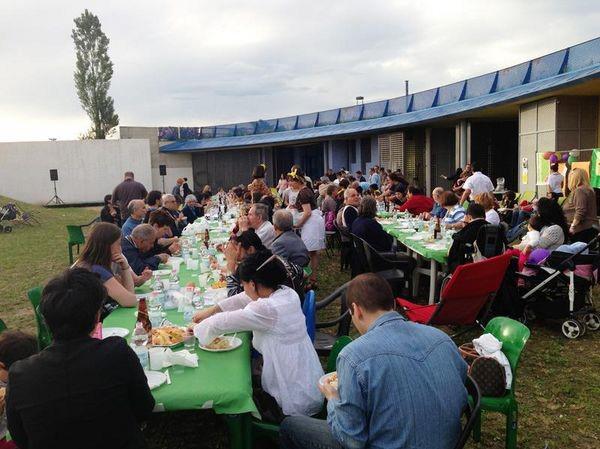
1 minute read
Collective governance
The topic of commons has become more popular within the last decade, this appears to be due to the realisation of ongoing market struggles and the need for change. In a summary of the A Commons Transition Plan for the City of Ghent, Michel Bauwens talks about the vast increase in the emerging “commonsorientated civic initiatives” (Bauwens 2017) which have been confirmed by the study of Homo Cooperans by Tine De Moor in his inaugural lecture for Utrecht University (August 30th, 2013). According to their explanations, the rise of the civic initiatives correlates to citizen’s awareness of need for social and ecological transition, ensuing the market failures as well as the great economic crisis of 2008. These falls seem to be the driving factor for the creation of commons infrastructure. Amongst many locations, Turin(Italy) and Ghent(Belgium), in recent years have become more successful in the growth and spread of commons in urban environments. This essay will explore the tools that enabled commons to grow in those locations, the importance of them in the modern age and how they reshape the urban environments. More importantly, will look at ways in which Turin and Ghent apply the principles of “Experimentalism” and “Tech Justice” within urban commons and why those two principles are important in regeneration of urban spaces.
Advertisement




